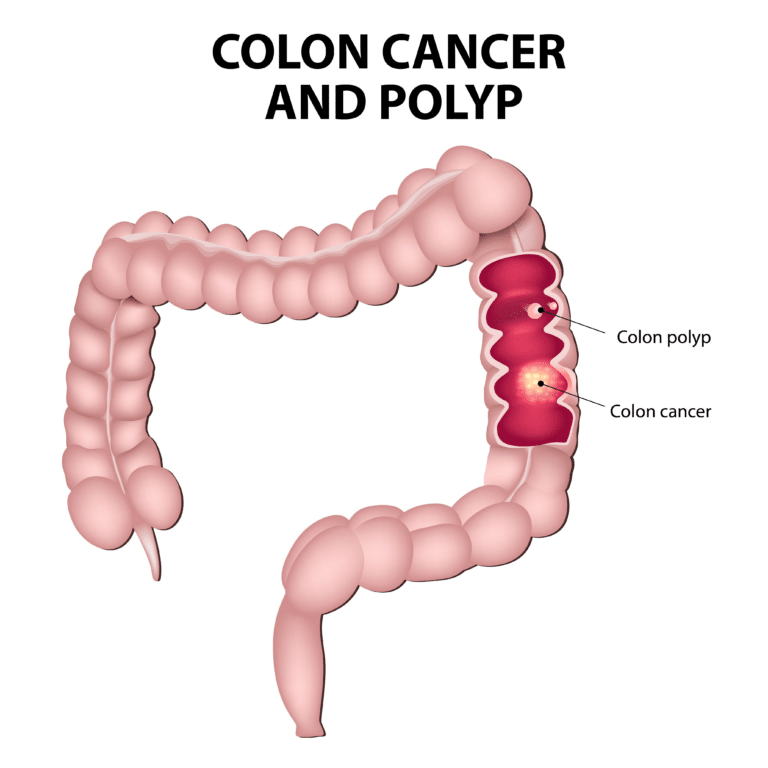My 1st Colonoscopy

Shawn Ray
Inside Shawn's World
My First Colonoscopy at 57 Despite Apprehensions
Today, I went in for my 1st colonoscopy exam at the age of 57, something I had delayed because of fear of the “pre-prep” routine, which includes drinking laxative formulas and fasting.
For years, the recommendation was for adults at average risk for colon cancer to start screening at age 50.
However, the guidelines from the American Cancer Society have changed: now adults at average risk should start screening at age 45.
While my family doesn’t have any history of cancer, I’ve always prioritized my health and fitness throughout my life.
I’ve taken necessary precautions to preserve my internal bodily functions with regular physicals and doctor check-ups.

Early Detection and Prevention of Colorectal Health Issues
What is colon cancer? According to the American Cancer Society, colon cancer is an abnormal growth of cells in the colon or rectum that can invade nearby tissues or spread to other parts of the body. Typically, colon cancer starts as a polyp (small growth) that grows over time. Not all polyps are cancerous, but some can turn into cancer.
“A colonoscopy is a medical procedure that checks the inside of your colon (large intestine) and rectum using a long, flexible tube with a camera. It helps find problems like colorectal cancer and polyps, which are growths that could become cancer. Getting a colonoscopy can prevent cancer by catching issues early. Doctors can also remove polyps during the procedure. It’s a good way to keep your colon healthy and catch any problems before they get worse.
Talk to your doctor to see if you should get one.”
Overcoming Apprehensions for a Healthier Tomorrow
Retirement has enlightened my inner spirit, prompting me to pay closer attention to longevity and the importance of self-care, ensuring I’m healthy enough to enjoy watching my children and grandchildren grow into adulthood. To my surprise, my medical visit today was smooth and straightforward.
Two days prior to the colonoscopy procedure, I began fasting, eliminating heavy solid foods, and opting for soup broths, Jello, Gatorade, coffee, and water. On the day before the procedure, I ate no solid food and ingested powder and pill laxatives mixed with Gatorade.
Today, upon entering the doctor’s office, I felt fully flushed and slightly dehydrated, having ingested nothing after 11 pm the previous night. After checking in, I changed into a hospital robe, had my blood pressure checked, got an IV inserted, and briefly spoke to the anesthesiologist.
Before I knew it, I was unconscious.
Waking up 20 minutes later, the doctor informed me, “All done, you may get dressed. Results will be waiting for you on our Digital Portal for review.”
That’s it, that’s all!
Embracing Health: From Polyp Removal to Empowerment
Upon reviewing my test results, I learned the doctor found and removed one polyp.
To say I was surprised and impressed is an understatement!
The anxiety and stress I felt leading up to this process had deterred me from undergoing this procedure years ago. I’m so grateful I finally did it—it was far easier than anticipated.
After being discharged from the doctor’s office, I felt liberated, more responsible, and more aware of my duties to my own health and my loved ones. Statistics reveal that when detected early, colon cancer is more treatable.
In a study of people diagnosed with colorectal cancer, 1 in 7 was under the age of 50.
Why gets screened? When detected early, about 90% of colon cancer cases are treatable.
In conclusion, it’s never too late for self-care. I’ll be following up this doctor visit with my annual physical next week, which includes bloodwork, a prostate exam, and a heart examination.
I hope my personal experience encourages you to prioritize your health and be proactive. Just do it!
Strength & Honor,
Shawn
